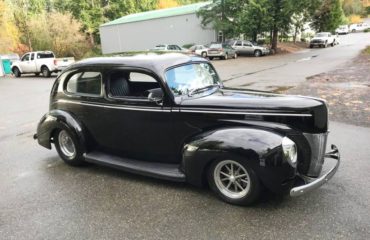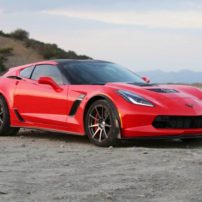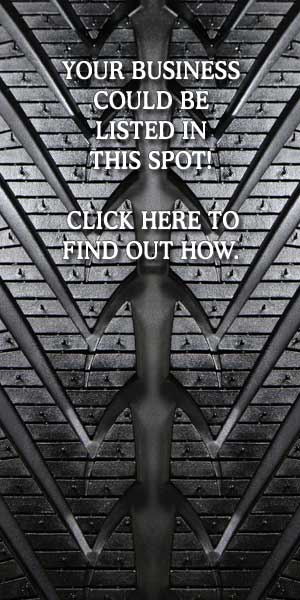 Jim Sullivan, of Jim’s Classic Garage in Gig Harbor, is literally a walking encyclopedia of automotive knowledge. So we thought picking his brain about what to look for when buying a classic vehicle would be a “public service” to those considering getting into this particular hobby, as well as some of those already involved in it.
Jim Sullivan, of Jim’s Classic Garage in Gig Harbor, is literally a walking encyclopedia of automotive knowledge. So we thought picking his brain about what to look for when buying a classic vehicle would be a “public service” to those considering getting into this particular hobby, as well as some of those already involved in it.
WSHG: What are the top five things to be aware of when purchasing a “classic” car, be it a restoration or your basic street rod?
Sullivan: We like to say we buy the seller, not the car. Look at their garage to see if it’s meticulous or filthy-dirty. Talk to them. Do you believe them? Do they look you in the eye? Never buy a classic car until you look at the undercarriage. Insist on a drive as well. If buying online, hire someone to go look at the car unless you are being offered a money-back guarantee or you have references, and you feel confident in their ability to deliver the exact car you think you are buying.
Trust your instincts. If the deal smells rotten from the get-go, walk away.
WSHG: Can you explain what “number matching” is and why it’s important?
Sullivan: I’ll quote Jay Leno, “The phenomenon of the numbers matching nonsense is to me just a way for one rich guy to one-up another rich guy. All Chevy 327s are pretty similar. You’ve got a ’65 Corvette but it’s got a ’66 Block, and really, it’s worth $25K less? Really?”
WSHG: What kind of “classic” car is the best investment and why — in other words, what types of cars offer the best rate of appreciation and ROI?
Sullivan: Buyers drive prices up, not necessarily the car. I.e. ’67 big block numbers matching Corvette averages $67,000 with an 8 percent increase in price over the last year, five years running. Now throw into the mix a guy who pays $3.5 million for a car driven by Steve McQueen in a movie, and his driving suit comes with the car. Skews the numbers! However, there are those elusive cars such as the Duisenberg. If I had the money and could buy one for a realistic number, I would. They’re always relevant! Other than the previous obviousness, C-1 and C-2 Corvettes (period-correct ones) will always be a good bet. One thing you could do is to ask your insurance company to provide you documentation on the top 10 cars whose values have increased over the last five years. They will be more than happy to provide that information to you. There is almost no way to pick an exact science when buying for financial reasons. I buy cars that I like. Cars that I will drive every day if I could. I’ve done pretty good that way.
WSHG: Can you give us five tips for buying a car at an auction?
Sullivan: Preview all cars you are interested in and do as much research on them as possible before the auction starts.
Set a limit as to how high you are willing to go when the bidding starts. Try not to fall in love with the car (and never let your wife run around the car yelling, “Honey, I love it!”). You will most often end up overpaying for the car. When the bidding has hit your high point, be prepared to walk away. Don’t forget that there will be commissions for the auction company. While figuring out what you’re willing to pay, keep in mind that a 10 percent commission is typical. Now, on top of that, you will have sales tax and then possibly shipping or transportation fees. Here’s an average example:
- Purchase price $28,000
- Commission $2,800
- Sales tax (9 percent) $2,772
- Shipping from Arizona $1,850
- Total $35,422
When previewing the car, always run these numbers because they are extremely relevant. So, when you tell your friends and co-workers what a screaming deal you got, be prepared to bum yourself out when you end up selling it in a year for a loss. I’ve always felt that for me, getting the car at half its current street value leaves me some room to pay for all the incidentals, plus I can turn around and sell it at a lower, much more competitive price. One last thing to remember when physically at an auction. If you do take your wife and you are separated long enough to buy the car you want (that she wouldn’t), don’t forget to hide the pink slip some place other than your back pocket. My wife will always strip-search me once back at the hotel. Now, I always have an old pink slip from a different auction on hand. So that when my wife does strip-search me, I get to ask if I can strip-search her!




















Comments